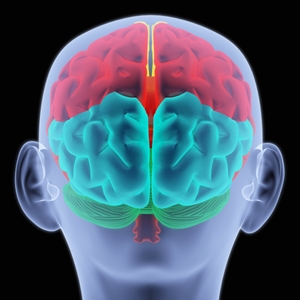The Obama administration announced earlier this week it was launching a $100 million research initiative aimed at better understanding how the brain operates. The ambitious program could have far-reaching implications in a number of different realms, but perhaps most significantly, it could offer more effective treatments for soldiers and military families affected by post-traumatic stress disorder (PTSD) and traumatic brain injury (TBI), reports Stars and Stripes.
A sweeping proposal
The program, known as the Brain Research through Advancing Innovative Neurotechnologies (BRAIN) Initiative, will be included as part of the 2014 budget, which is expected to be unveiled next week. The planning is still in its early stages, but Dr. Francis Collins, the head of the National Institutes of Health, says he expects to assemble a team of 15 scientists to lead the studies. Among the most significant focuses of the project is learning how brain cells communicate with one another. Experts hope the finding will offer clues as to how conditions ranging from epilepsy to autism manifest themselves.
What it means for troops
While the potential findings could shed light on a number of conditions, the impact this research could have on the well-being of veterans and active duty soldiers may be the most important results. About $50 million of the total funding for the project will go toward the Defense Advanced Research Projects Agency, and President Barack Obama cited finding treatments for both PTSD and TBI as two of the most significant goals of the BRAIN Initiative, according to the publication.
"Imagine if we could reverse traumatic brain injury or PTSD for our veterans who are coming home … That's what we're imagining. That's what we're hoping for," he said at the announcement. "They're ambitious goals, but they're achievable."
Potentially thousands affected
While there are no concrete statistics, experts estimate that more than 250,000 soldiers have returned from Iraq an Afghanistan with a TBI, and approximately 20 percent of veterans of the two wars have symptoms of PTSD. The findings of the BRAIN Initiative could help troops in a variety of ways. It could identify who is more vulnerable to PTSD as well as help soldiers who have lost the ability to walk or talk normally due to TBI regain their previous levels of cognitive function.

